The Renaissance of Family
By Oliver DeMille
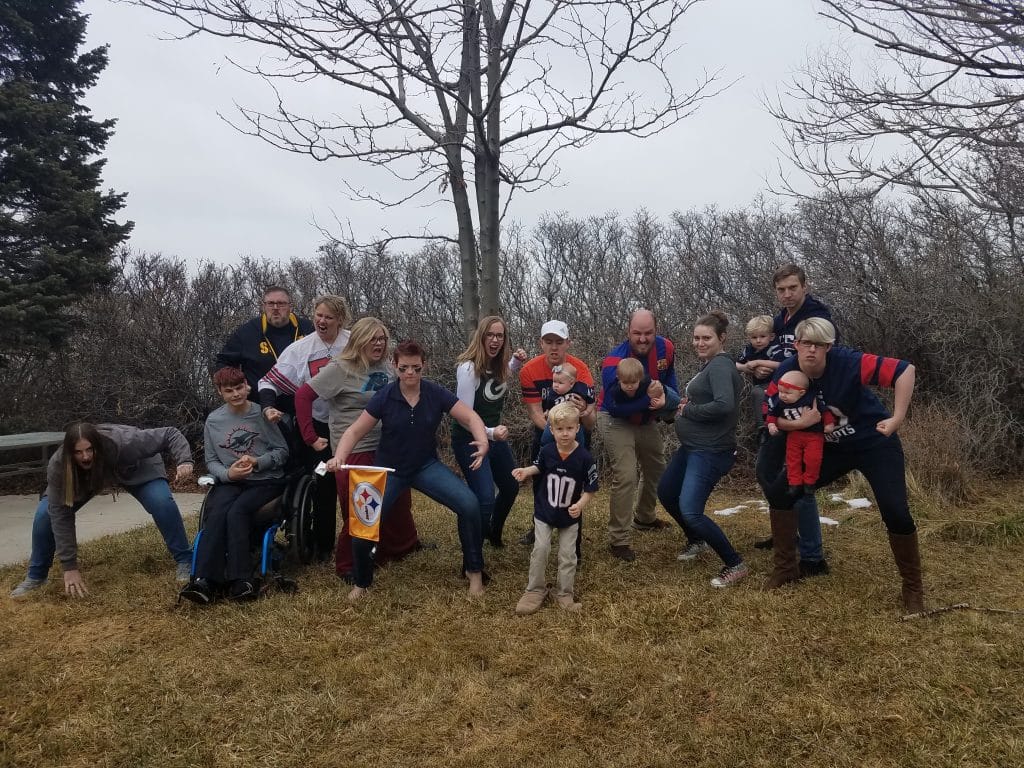 Whatever happens in Washington, Wall Street, Main Street, Hollywood or Silicon Valley in the next ten years, it will all be irrelevant if our families don’t come together at a much higher level.
Whatever happens in Washington, Wall Street, Main Street, Hollywood or Silicon Valley in the next ten years, it will all be irrelevant if our families don’t come together at a much higher level.
Without a renaissance of family, no new candidate can rise to save us. No new legislation, policy or program will heal our land.
On the other hand, the buttressing and revitalization of our society at the most basic level of family, though it be quiet and virtually ignored, is the most powerful catalyst to the revitalization of our freedom and prosperity.
Rising Pressures on the Family
In crisis periods of history like the one we are now experiencing, virtually everything changes –in major and surprising ways.
Since few people realize that historical cycles are driving things, most are frustrated and feel vulnerable and even victimized by widespread changes.
Many turn to government to solve our most pressing problems, hoping it can work miracles. Others turn to different institutions. Still others rely on their own individual efforts.
Few, however, realize the power of families in such times. Indeed, increased financial challenges and frightening world events often amplify the pressure on marriage and family relationships.
Divorce rates increase, family dysfunction grows, and people look outside the family for more and more help–at the very time family members need each other and can help each other the most.
Buckle Up; The Crisis is Just Getting Started
As many as ten years ago, people were already saying, “But the crisis is over!”.
And yet, since that time, economic instability, world conflicts, disruptions and threats to the food chain, growing strife on points of international relations and immigration policy, have not slowed down. Indeed, their escalation seems to have been exponential. Even the promised and hoped-for “recovery”, long overdue years ago, never materialized, and short-term gains have fallen victim to the rising pressures of political and social policies. It appears, to many ,that these trends are not going to turn around in the short term; and, that their impact on our private lives will continue to escalate.
As the Family Goes, So Goes the Nation
 This means that pressure on families is almost certain to increase for the months and probably years ahead.
This means that pressure on families is almost certain to increase for the months and probably years ahead.
Crisis Periods in history are preceded by “Good-Times” periods, then followed by “Rebuilding” periods.
If the cycles of history hold true and we face major military conflict and even the draft in the decade ahead, or even if unemployment continues to worsen, families will face even more challenges.
I am an optimist, and I’m convinced that great things are ahead for America and the world.
But let’s be clear about one thing: Our nation and our world will rise no higher than our families. If the family continues to decline, so will peace, prosperity, freedom and happiness.
The experts have studies and graphs outlining the details, but history is absolutely clear on this point: The future of the family is the future of our world. Higher numbers of single-adult, single-parent and other non-traditional families are included in this great opportunity.
A Disturbing Divergence From the Past
In past Crisis Periods, layoffs and failed businesses have resulted in the family pulling together–planting gardens, starting businesses, chopping wood to save on fuel, and otherwise facing upheavals and trials and working to overcome them together.
In our current world, with its urbanized and technologically advanced lifestyle, we haven’t followed this same pattern of family retrenchment. We aren’t relying less on paychecks and more on the family farm, or even leaving the family farm to find opportunity in places like the New World (1780s), the West (1860s), or California (1930s).
In our times, no geographical Promised Land has arisen to deliver us.
The Challenge

And while the constraints of the pandemic response have compelled us to rethink much in the way we interact for work and schooling, the outcomes of the forced togetherness have left many families in greater crisis, with relationships and finances stressed to their breaking point, depression, abuse, emotional health breakdowns and other assaults on the family are in the headlines more and more. Healthline surveys are finding many families reaching “family burnout”.
Time magazine reported on a study published in JAMA Network Open that offers one of the first nationally representative estimates of how severe that epidemic may be: Three times as many Americans met criteria for a depression diagnosis during the pandemic than before it, according to the paper. The CDC reported significant increases in substance abuse, depression/anxiety and suicide.
And the technologies that used to be tools to help connect us have turned on their masters. No longer luxuries, they have gone from being pervasive, to invasive, to divisive; each family member has his own unique and virtual social life, and family life suffers as a result.
Tragedy – or Opportunity?
The simplistic reason that Good-Time Periods turn into Crisis Periods is that families turn away from each other to serve the agendas of corporations, marketing firms, schools and others.
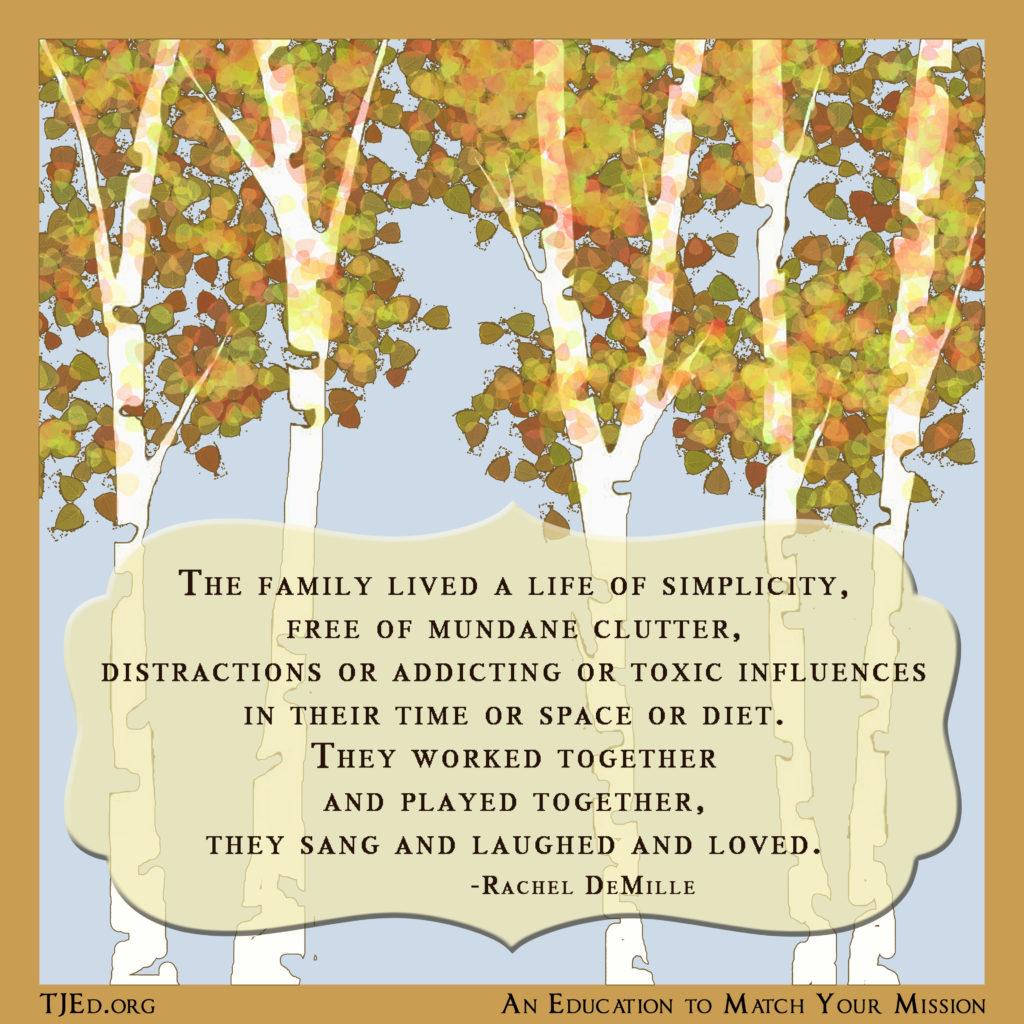 Crisis Periods are all about recapturing the most important things–especially happy and successful families. If families don’t come together, strengthen communities, build new entrepreneurial enterprises and begin to rebuild society, we won’t see the benefits of a great Rebuilding Period ahead.
Crisis Periods are all about recapturing the most important things–especially happy and successful families. If families don’t come together, strengthen communities, build new entrepreneurial enterprises and begin to rebuild society, we won’t see the benefits of a great Rebuilding Period ahead.
This is a potential tragedy of Dark Ages proportions. Just consider Rome in the first century, France in the late Seventeenth Century, the South after the Civil War, or modern Cambodia, Bosnia or Rwanda.
A society has no destiny that is not tied to the strength of its families. Without a family renaissance, no society rebounds from crisis.
But the opportunities for growth and positive outcomes are also there, if we only know how to seize them. Many families are cherishing their time together during the pandemic:
“From developmental milestones to simple heart to hearts, three-quarters of parents polled experienced a key moment, which they otherwise may have missed, with their children while in lockdown.” [Source]
Where families are re-learning their harmony and synergy, great things are taking place:
“Conducted by OnePoll on behalf of Juice Plus+, the survey found 66 percent of those surveyed said the pandemic has brought them closer to their family than ever before.
“It’s no surprise that 77 percent of respondents were also in agreement that they’ve enjoyed spending more time with the members of their household.
“The survey also found respondents have learned a lot about their families while sheltering in place as well.
“Nearly half of respondents admitted they didn’t really know what their significant other’s job was before they began working from home during self-isolation.
“Seventy-nine percent of parents surveyed said they’ve also learned more about their children’s hobbies and passions during this time.
“While another 77 percent of parents said their children have become more open to learning new things around the house and trying new activities.
“In fact, 31 percent of those surveyed said they’ve taught a family member a new skill while they’ve been in quarantine.” [Source]
The Good News
The good news in all this is that our bad news is actually good news: If the biggest challenge in our families is lack of quality time and taking the time to really talk, then the solutions are simple.
What if you spent a lot more time with your spouse talking about less urgent, more important, more fun things and enjoying each other? What if you did the same with each of your children, siblings and/or parents?
Not everyone has all these options, but clearly not enough of those who do have families are giving them enough attention and effort.
What if families spent two or three evenings a week and half a day each weekend doing fun things, entrepreneurial ventures and/or service projects together?
 Together is the key word here. This is truly the way that Crisis Periods in history are solved at the grassroots level.
Together is the key word here. This is truly the way that Crisis Periods in history are solved at the grassroots level.
Usually economic or political realities force family unity and mutual cooperation in surviving and making a living. In our day it is still as vital to ending the attitudes, behaviors and habits that brought on Crisis; these same elements will keep the Cultural Renaissance progressing until things change.
Of course, this only works where families both bond within and connect without–not isolating themselves but strengthening their relationships with each other and the rest of the community.
And it works most effectively where families reject the temptation to draw factional, us/them lines, and instead reach out and build new relationships.
The Little Things That Make a Huge Difference
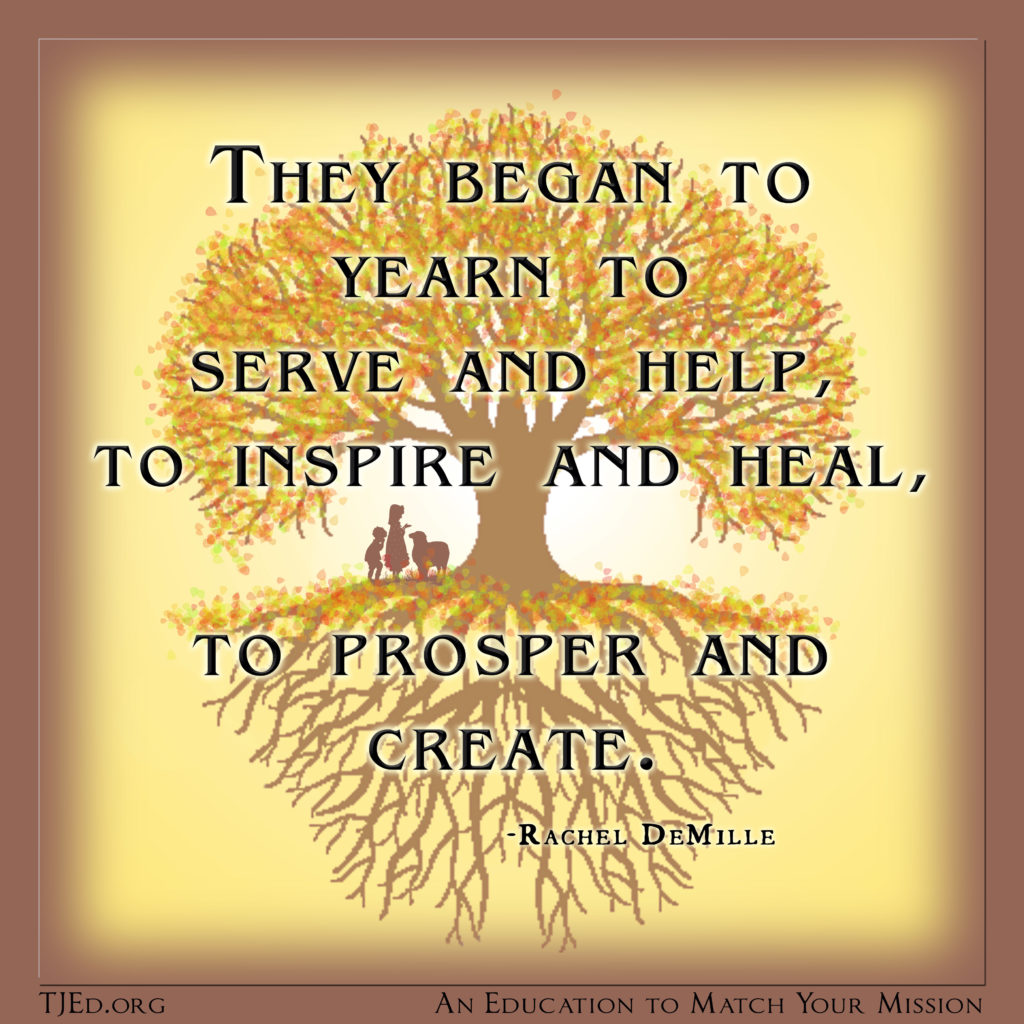 Here is the pattern: improve marriages, strengthen family relationships, make new friends, and build stronger connections with friends and community.
Here is the pattern: improve marriages, strengthen family relationships, make new friends, and build stronger connections with friends and community.
This naturally overcomes Crisis, and without it Crisis Periods persist and worsen.
Ironically, it is the little things that will most likely win (or lose) this battle. In the next decade, investing in your marriage one hour a day (at least) may be among the most important things you can do for society. Same with many hours a week spent actively talking with and doing activities together with children and grandchildren. Same with building bonds of service, leadership, self-governance and self-reliance in your local community.
Seldom has so much depended on such little things!
Will we follow the course of societies past that have lost their way and crumbled under the devastating forces of economic upheaval, war and other crises? Or we pull together as families and communities to create a brighter future?
If we get it right, we’ll also see a renaissance of America and, hopefully, watch it spread to the world. No matter what experts may say or what historians may someday write about our times, it will certainly be defined by either the Demise or the Renaissance of the Family.
- Our Home (2 Volumes) by C. E. Sargent
- Leadership Education by Oliver & Rachel DeMille
- The 5 Habits of Highly Successful Homeschoolers by Oliver & Rachel DeMille
- Laddie by Gene Stratton Porter
- Little Britches by Ralph Moody
- The Grapes of Wrath by John Steinbeck
What are you willing to do to safeguard freedom
for yourself and your posterity?
[/fusion_text][/fusion_builder_column][/fusion_builder_row][/fusion_builder_container]

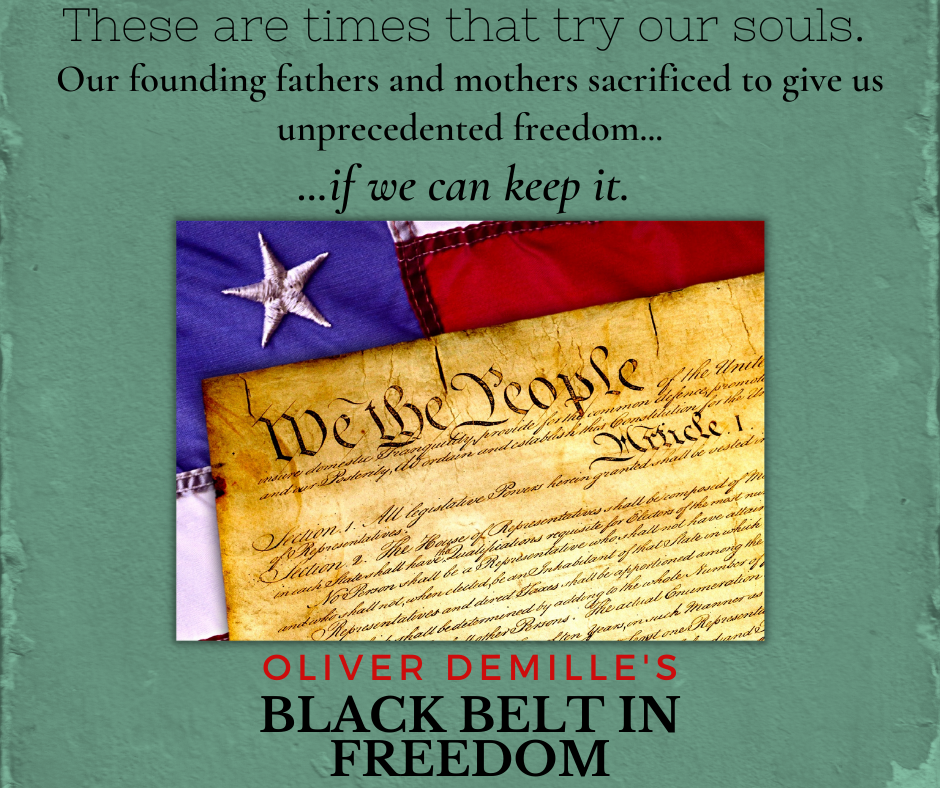

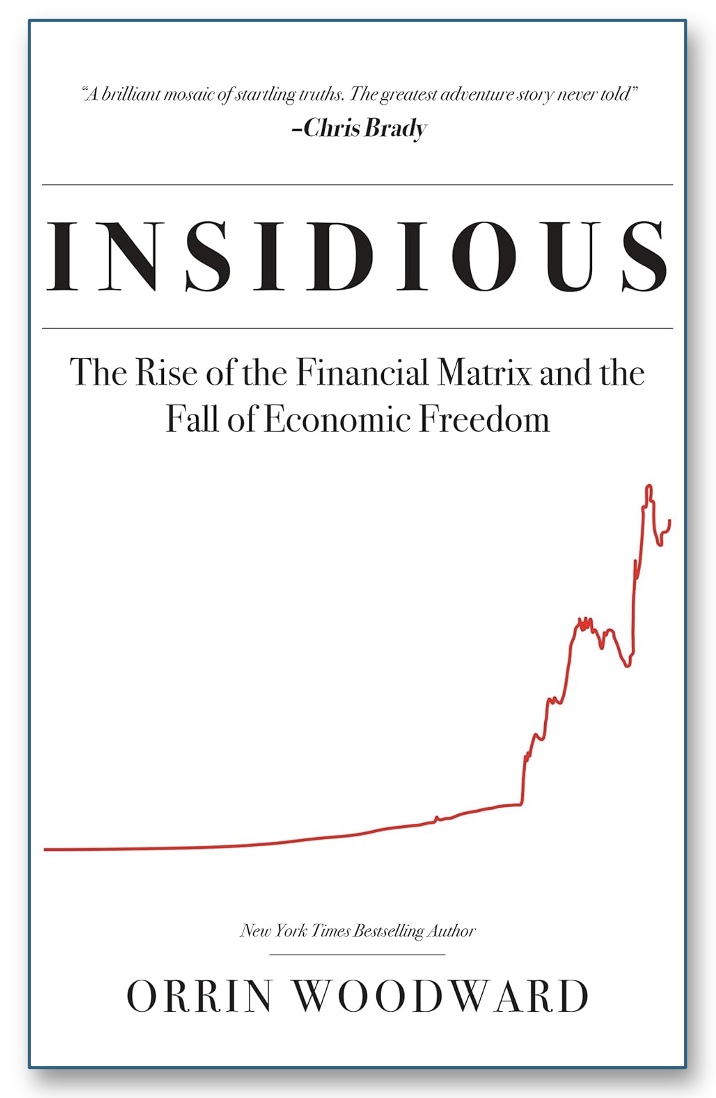

































Each time I pray I feel impressed to work on my marriage right now. Thank you for being a 2nd witness to this!
I really enjoyed this article! I am going to continue to consider how i can apply these ideas to my family and marriage, building a stronger union for our family/marriage. Thanks, Oliver and Rachel!